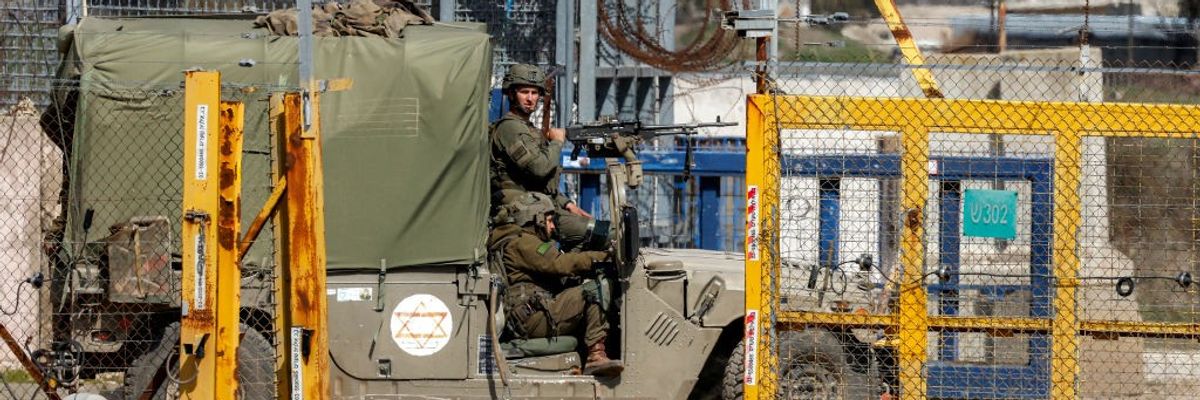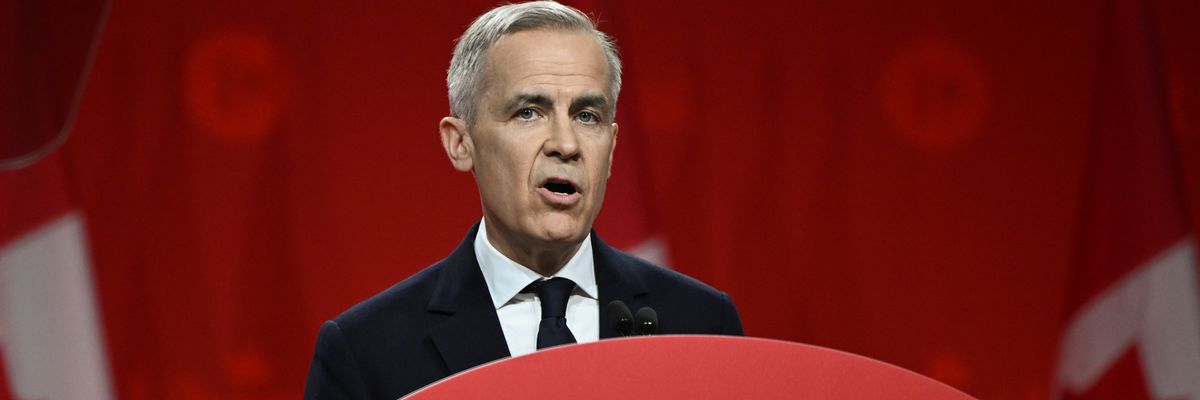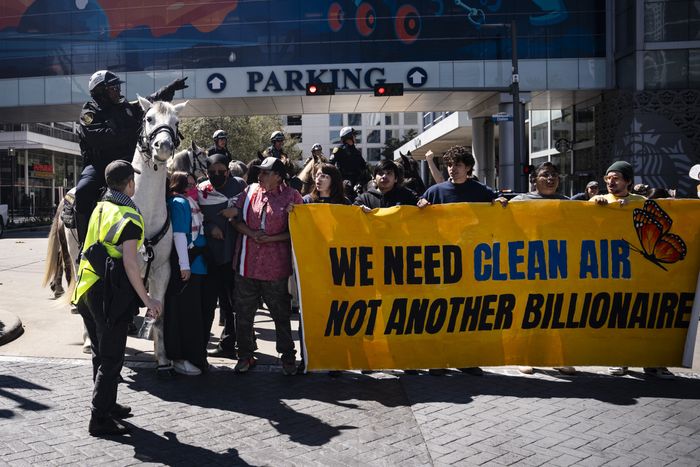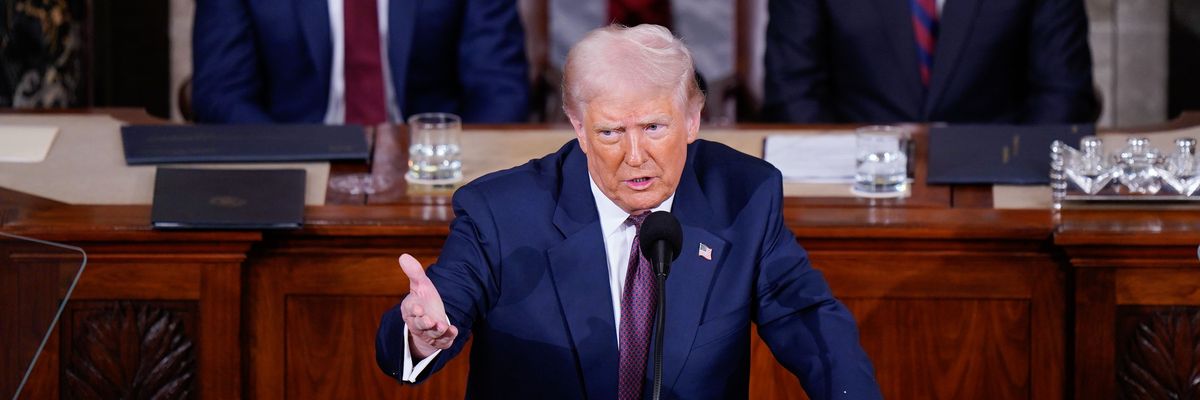Vienna (AFP) – Colombia, whose President Gustavo Petro is a vocal critic of the US-led war on drugs, on Monday urged the UN to remove coca -- the main ingredient in cocaine -- from a list of harmful substances.
Issued on: 10/03/2025 -

Colombia is the world's main producer of cocaine, which is extracted from the coca leaf © JOAQUIN SARMIENTO / AFP
Colombia is the world's main producer of cocaine -- much of its production in the hands of drug cartels and violent guerrilla groups.
In 2023, the South American country set a new record last year for coca leaf cultivation and cocaine production, which rose 53 percent from 1,738 tonnes (1,915 US tons) to 2,600 tonnes, according to the UN.
The United States is the biggest cocaine consumer.
Used not only for cocaine, the coca leaf is also chewed as a stimulant in countries such as Colombia, Peru, Bolivia and Ecuador, or brewed into a tea thought to combat altitude sickness.
Colombian Foreign Minister Laura Sarabia, in an address to the UN's Commission on Narcotic Drugs in Vienna, insisted Monday that the leaf "is itself not harmful to health".
Removing it from a 1961 UN list of harmful narcotics, where it sits alongside cocaine and heroin, would allow it to be used to "its full potential in industrial applications such as fertilisers and beverages," she said.
She argued that legalisation was the only way to stop drug traffickers monopolising the plant -- forcing rural communities to grow it for them, and razing forests for its cultivation.
Sarabia said billions of dollars spent on the so-called war on drugs has done nothing to stop consumption, production, and trafficking.
In fact, she said, the number of recreational users of cocaine increased by more than 50 million in a decade.
Petro, the country's first-ever leftist president, has tried to change the approach to combatting drug trafficking to focus more on prevention among potential users, and finding alternative incomes for coca farmers.
Last month, he raised some eyebrows when he said that cocaine "is no worse than whisky" and is only illegal because it comes from Latin America.
"If you want peace, you have to dismantle the business (of drug trafficking)," he said during a government meeting. "It could easily be dismantled if they legalise cocaine in the world. It would be sold like wine."
Sarabia on Monday insisted that changing the approach from a punitive one towards a more humanitarian one did not imply "normalising or coexisting with drug trafficking".
Colombian authorities have seized more than 1,900 tonnes of cocaine and destroyed 454 clandestine laboratories since Petro took office in August 2022 up to January this year, said the minister.
© 2025 AFP
Colombia is the world's main producer of cocaine -- much of its production in the hands of drug cartels and violent guerrilla groups.
In 2023, the South American country set a new record last year for coca leaf cultivation and cocaine production, which rose 53 percent from 1,738 tonnes (1,915 US tons) to 2,600 tonnes, according to the UN.
The United States is the biggest cocaine consumer.
Used not only for cocaine, the coca leaf is also chewed as a stimulant in countries such as Colombia, Peru, Bolivia and Ecuador, or brewed into a tea thought to combat altitude sickness.
Colombian Foreign Minister Laura Sarabia, in an address to the UN's Commission on Narcotic Drugs in Vienna, insisted Monday that the leaf "is itself not harmful to health".
Removing it from a 1961 UN list of harmful narcotics, where it sits alongside cocaine and heroin, would allow it to be used to "its full potential in industrial applications such as fertilisers and beverages," she said.
She argued that legalisation was the only way to stop drug traffickers monopolising the plant -- forcing rural communities to grow it for them, and razing forests for its cultivation.
Sarabia said billions of dollars spent on the so-called war on drugs has done nothing to stop consumption, production, and trafficking.
In fact, she said, the number of recreational users of cocaine increased by more than 50 million in a decade.
Petro, the country's first-ever leftist president, has tried to change the approach to combatting drug trafficking to focus more on prevention among potential users, and finding alternative incomes for coca farmers.
Last month, he raised some eyebrows when he said that cocaine "is no worse than whisky" and is only illegal because it comes from Latin America.
"If you want peace, you have to dismantle the business (of drug trafficking)," he said during a government meeting. "It could easily be dismantled if they legalise cocaine in the world. It would be sold like wine."
Sarabia on Monday insisted that changing the approach from a punitive one towards a more humanitarian one did not imply "normalising or coexisting with drug trafficking".
Colombian authorities have seized more than 1,900 tonnes of cocaine and destroyed 454 clandestine laboratories since Petro took office in August 2022 up to January this year, said the minister.
© 2025 AFP













